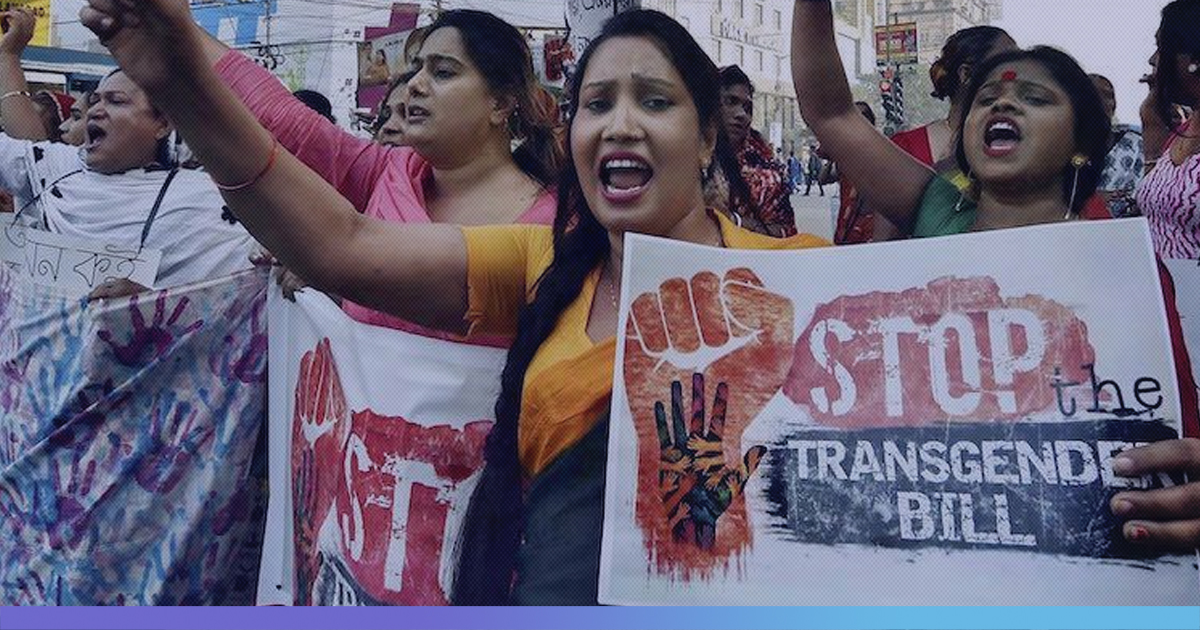On August 5, the Lok Sabha passed the Transgender Persons (Protection of Rights) Bill 2019. This bill seeks to provide a mechanism for social, economic and educational empowerment of transgenders.
Speaking on the bill, Minister of state for social justice Rattan Lal Kataria said that this bill would bring about a provision for establishing a national authority for safeguarding rights of transgenders.
Transgender Persons Bill, 2019
This bill has been an issue of contention with the transgender community, since it was introduced in the parliament on July 19. The community allege that it is ‘anti-trans and strip them of their dignity”.
The part of the bill which was particularly debated upon was the provision which required the transperson to avail an identity certificate, obtained through a tedious process.
People belonging to the trans community and who wish to identify as either a man or a woman would need to go through gender affirmation surgery, also known as sex reassignment surgery, or SRS. This upends the Supreme Court earlier judgment which states that the trans-community do not need anyone’s acknowledgement as a person’s gender identity is their word.
Other parts of the bill which caused agitation in the community were criminalisation of begging, sending transperson to rehabilitation centres, among others.
After opposition from the community, two amendments were introduced to the original bill. The original bill stated that an individual had to go through a screening committee. As per the amendment, “The district magistrate shall issue to the applicant under Section 5 a certificate of identity as transgender person after following such procedure and in such form and manner, within such time, as may be prescribed, indicating the gender of such person as transgender.”
The second amendment was with respect to decriminalization of begging. The amendment now specifies the following offences: (i) compelling transgender persons to do forced or bonded labour (excluding compulsory government service for public purposes); (ii) denial of use of a public place; (iii) removal from household, village or other place of residence; and (iv) physical, sexual, verbal, emotional or economic abuse.
The community believes that the changes so brought are not sufficient and superficial in nature.
While speaking to The Logical Indian, Bengaluru-based trans rights activist Akkai Padmashali said: “It is an anti-feminist sexist bill. Why I use sexist, is that the sex can not be determined by a person who lacks education and awareness on the issues of transgenders. Coming to the screening committee part, it is a blatant human rights violation and invades my right to privacy. Not just that, it also upends the 2014 NALSA judgement. The government should listen to what I say, and not what it wants to hear. I, as an activist, totally reject this bill.”
Also Read: Transgender Bill 2018: Know Why The Bill Is Regressive & Does More Harm Than Good










